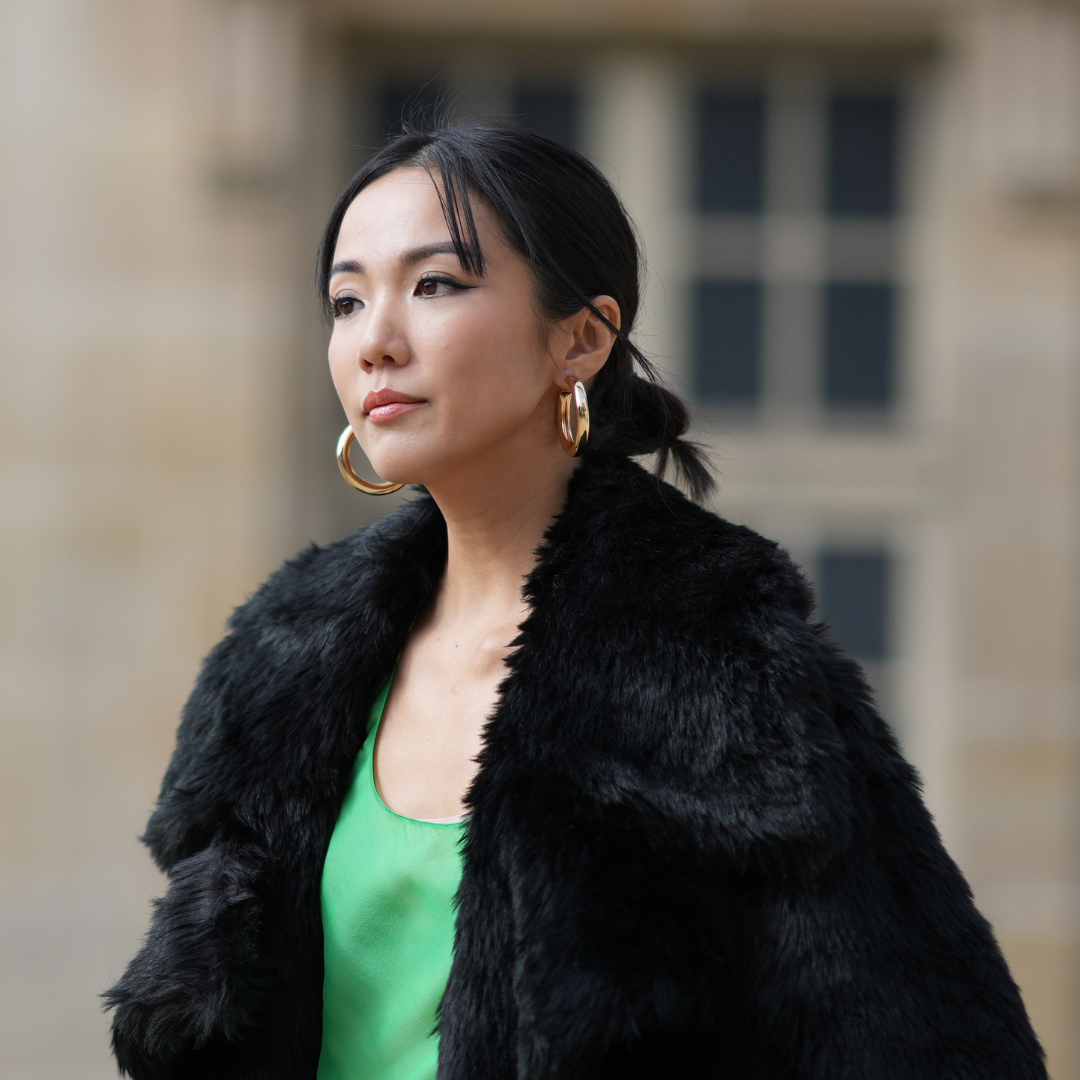
If you’ve noticed a bit more hair coming out in the shower or strands accumulating on your hair brush more quickly than usual, chances are that winter hair shedding has crossed your mind (and probably what's brought you to this article). Firstly, it is important to bear in mind that some degree of hair loss is a part of the hair’s growth cycle.
“It’s normal to lose up to 100 hairs a day,” says Anabel Kingsley, trichologist and brand president for Philip Kingsley. “However, everyone’s normal is different—some people may lose 60 hairs a day on average and others may see as many as 110. If your usual rate of hair shedding changes, and it’s consistently noticeable, it is likely too much."
The medical name for excessive hair shedding is telogen effluvium and it is quite common. But is winter hair loss, specifically, a thing? Tapping into the expertise of two trichologists, here’s what you need to know about hair loss at this time of year (and all year round).
Is it possible to lose more hair in winter?
Seasonal hair shedding is definitely a thing, as Anabel confirms. However, “It is more likely to happen in the autumn in September and October,” she explains. “It’s thought to be related to the change of a mammal’s coat in response to the [changing] seasons and length of days. During summer, when days are longer, more hairs may go into the telogen (resting) stage [of the hair cycle] and they then shed approximately three months later.”
What causes winter hair shedding?
“Winter seasonal hair shedding is less common, but you can experience increased hair fall for other reasons, such as due to dietary changes, illness, stress levels and compromised scalp health,” says Anabel. “We do know that dandruff and a flaky scalp are more common in winter, which in turn can increase hair fall."
Some people shampoo their hair less often in winter, which may make it seem like more hair has fallen out. “The more days you leave between cleansing your scalp, the more hairs you will see when you do as they accumulate," Annabel adds. “Winter is [also] flu season, and high fevers can cause hair shedding."
Trichologist Hannah Gaboardi, an ambassador for Viviscal, also notes that hair shedding may be triggered by changes in hormones, such as perimenopause, menopause or giving birth. In the case of the latter, this usually resolves itself around a year after giving birth.
What should you do if you notice excessive hair shedding?
First and foremost, if you notice hair shedding that is significantly more than you’re used to, or comes on suddenly (or both), always consult your doctor with any concerns as your first port of call. If they cannot pinpoint the cause straight away, they will be able to investigate the presence of any underlying issues that could be behind excessive hair shedding.
“Many triggers of hair loss are self-correcting, like hair shedding occurring after a high fever or a period of intense stress,” Annabel notes. “However, if you cannot pinpoint an obvious cause for your shedding, or it goes on for more than three months, you should see a specialist."
The best products to support your hair and scalp
There are products that support the hair and scalp. However, be very wary of unsupported claims that sound too good to be true—there is no miracle product that will make hair grow back. Below is a selection of products recommended by our experts and us that can help keep your scalp and hair healthy, from shampoo through to scalp treatments.







